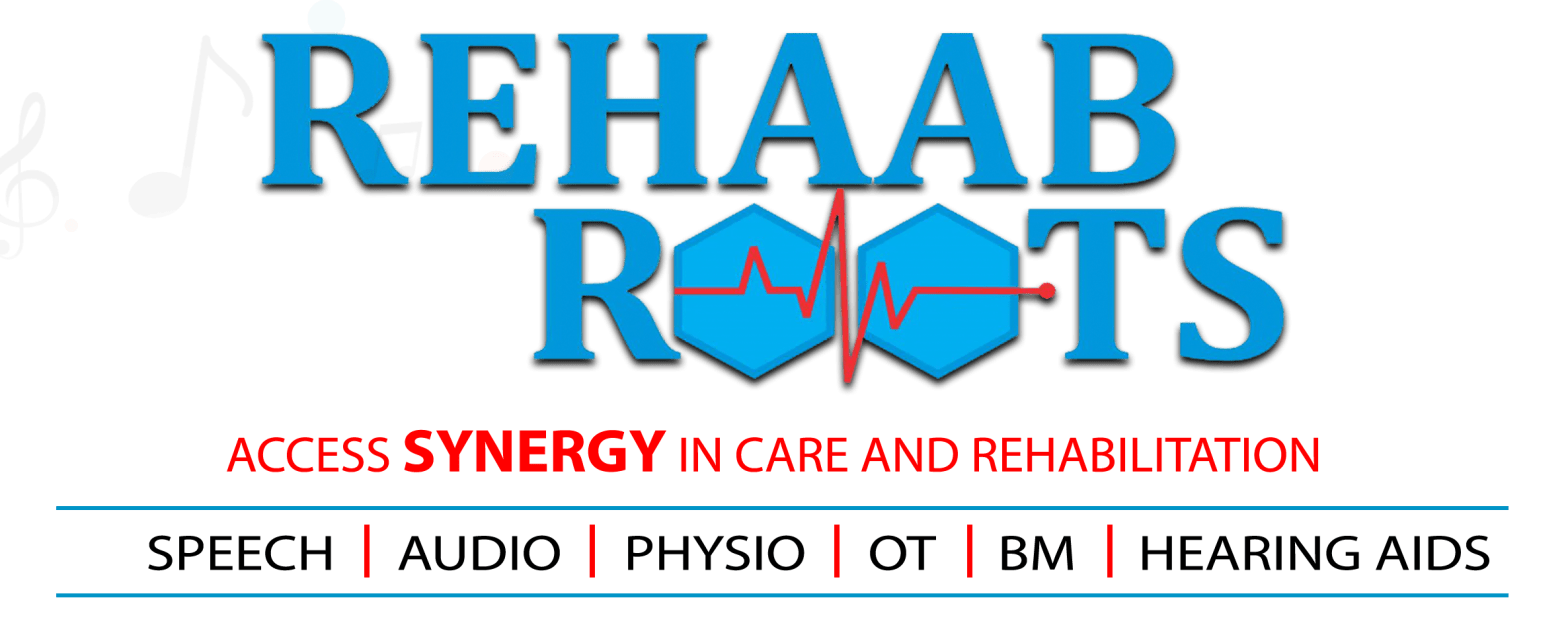Introduction
Ever watched your child struggle to say a simple word and felt that knot in your chest? You’re not alone. Speech delays or articulation issues can be frustrating—for both kids and parents. Fortunately, speech therapy in Hyderabad offers a proven path forward. In this guide, I’ll walk you, step-by-step, through how speech therapy services work. You’ll learn what happens at each stage, how therapists tailor plans for your child, and why early intervention matters more than ever.
The Science Behind Speech Therapy
Speech therapy is rooted in neuroscience, linguistics, and psychology. It involves re-training the brain to correctly produce sounds, understand language, and use words meaningfully. Each child or adult has unique speech patterns and challenges, and therapy is tailored to individual needs. This is especially true for conditions like speech delay, stammering, apraxia, autism spectrum disorder (ASD), and post-stroke communication impairments.
Common Conditions That Require Speech Therapy
Speech therapy isn’t just for pronunciation issues. It helps with:
- Language delays in toddlers and children
- Articulation disorders (e.g., difficulty pronouncing sounds)
- Stuttering or fluency issues
- Voice disorders (like hoarseness)
- Social communication disorders
- Feeding and swallowing difficulties in children
- Aphasia or dysarthria post-stroke
At a pediatric speech therapy clinic in Hyderabad, these services are often combined with occupational therapy and psychological counseling for holistic development.
Why Early Intervention Matters
Research shows that early intervention (ages 2–5) yields the most effective results. Children’s brains are more flexible during this period, which enhances learning and communication development. If your child is showing signs of delayed speech or social communication challenges, consult a speech and language therapist in Hyderabad early.
Warning signs to consult a speech therapist:
- Not speaking single words by 16 months
- Difficulty forming sentences after age 2
- Trouble understanding simple instructions
- Lack of eye contact or interest in communication
- Slurred or unclear speech
Customised Therapy Plans
The beauty of speech therapy lies in personalization. Based on the diagnosis, therapists design activities like:
- Mirror exercises for articulation
- Sound repetition drills
- Role-playing for social communication
- Picture cards to improve vocabulary
- Interactive games to engage kids
- Storytelling and singing to develop language comprehension
These activities can be part of both in-clinic and at-home practice plans, supporting faster improvement.
The Role of Parents in Speech Therapy
Parental involvement is vital. Therapists often guide parents on how to:
- Encourage talking during daily routines
- Create a language-rich environment at home
- Avoid excessive screen time
- Use positive reinforcement
- Be patient and celebrate small progress
Many speech therapy services in Hyderabad offer parent counseling as part of their program.
What Happens After Therapy Ends?
Just because a child “graduates” from speech therapy doesn’t mean learning stops. Ongoing practice at home and school is key to reinforcing what was learned. Therapists may also provide post-therapy checkups and booster sessions to monitor progress.
Internal Linking Opportunities
To keep users engaged, link this blog to:
- “When to Visit a Child Development Center: Early Warning Signs in Children”
- “Physiotherapy for Children: Importance, Benefits, and Approach”
FAQs
- At what age should speech therapy begin?
Early is better. For speech delays, 2–3 years is a good time. But articulation issues can start anytime through school years. - How long does therapy last?
It varies: mild cases may take 3–6 months, while complex delays could require a year or more. - Can we combine speech therapy with other therapies?
Yes! Many kids benefit from integrated support—occupational therapy or physiotherapy alongside speech. - Do we need to pay for every visit?
Most clinics use per-session rates. Some accept insurance; check during your first call. - Will therapy disrupt my child’s day?
No. Clinics in Hyderabad often offer flexible timings, weekend slots, or tele-sessions for busy families. - Are exercises doable at home?
Yes. Therapists provide easy, effective practice you can do during morning routines or playtime. - How will I know it’s working?
You’ll see clearer speech, improved confidence, and better interaction—with progress logs tracking each win.
Bonus Tips for Parents
- Celebrate every improvement—cheers boost motivation
- Record progress with short videos or voice clips
- Introduce vocabulary during everyday moments
- Model target sounds for your child to imitate
- Connect with other speech-therapy parents for support
Conclusion
Speech therapy is a powerful investment in your child’s future. From initial assessment to confident graduation, how speech therapy services work involves clear steps tailored to your child’s strengths and needs. With the right team in pediatric speech therapy in Hyderabad, your child won’t just speak—they’ll thrive.
Ready to see the difference? Contact the best speech therapists in Hyderabad today and give your child the voice they deserve!
